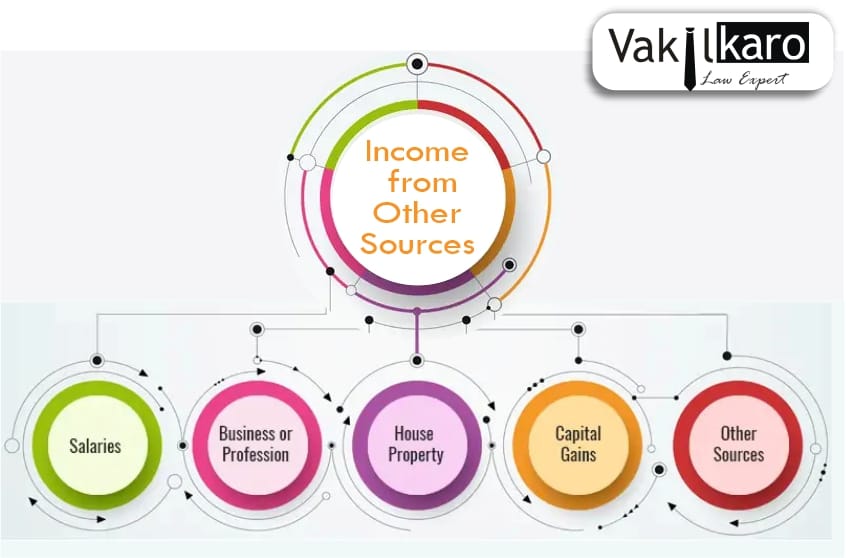Goods and Services Tax: Simplifying Taxation and Creating a Unified Market
GST Fullform:
- GST stands for Goods and Services Tax, and it is a comprehensive indirect tax that has been implemented in India since 1st July 2017. GST replaced a complex network of indirect taxes like VAT, excise duty, service tax, and others levied at the state and central levels. The implementation of GST has simplified the taxation system, made it more transparent, and helped reduce the overall tax burden on consumers.
- The GST is levied at the point of consumption, and it applies to all goods and services except for a few exempted items like alcohol, petrol, and diesel. The GST structure has four different tax rates - 5%, 12%, 18%, and 28%. The rates are determined based on the type of goods or services being provided. Additionally, a cess is levied on certain goods like luxury cars, tobacco products, and aerated drinks.
Governing body of GST:
- The GST system is governed by the GST Council, a constitutional body comprising the finance ministers of India's states and union territories. The council decides the GST rates, exemptions, and other related matters.
- Under the GST system, all registered businesses must file their tax returns electronically monthly, quarterly, or yearly, depending on the business's turnover. The GST system is based on the concept of Input Tax Credit, which means that businesses can claim the credit for the GST paid on their purchases against the GST collected on their sales.
Impact of GST on the Indian Economy:
- The implementation of GST has had several positive impacts on the Indian economy. It has helped simplify the taxation system, reducing the compliance burden for businesses and eliminating the cascading effect of taxes, reducing the overall tax burden on consumers. GST has also helped create a unified market across the country, facilitating the ease of doing business.
- However, the implementation of GST has also faced some challenges. The initial implementation phase was marked by technical glitches in the GSTN portal, leading to taxpayer delays and confusion. Additionally, the GST rates on certain items have been criticized, with some experts arguing that the rates are too high has led to inflationary pressures.
- Despite these challenges, the GST system has successfully streamlined the taxation system in India. The government has continued to simplify the system further, and the GST Council has regularly reviewed the rates and exemptions to ensure that they align with the changing economic scenario.
Conclusion:
- In conclusion, GST is a vital tax reform that has significantly impacted the Indian economy. It has helped simplify the taxation system, reducing the compliance burden and creating a unified market nationwide. While there have been some challenges in implementing GST, the government has continued to work towards improving the system further, and it is expected to impact the Indian economy in the long run positively.
Vakilkaro is a Best Legal Services Providers Company, which provides Civil, Criminal & Corporate Laws Services and Registration Services like Private Limited Company Registration, LLP Registration, Nidhi Company Registration, Microfinance Company Registration, Section 8 Company Registration, NBFC Registration, Trademark Registration, 80G & 12A Registration, Niti Aayog Registration, FSSAI Registration, and other related Legal Services.
Contact India's best Legal Firm, Vakilkaro, today. You can give us a call at 9828123489 or may write an Email also at help@vakilkaro.co.in. We are here to serve you 24/7.
"Happy Customer serves the company success"- we aim to achieve this through our legal services."
Why should you trust Vakilkaro?
- 100% guaranteed satisfaction
- Largest Network across India
- Easy to Hire
- Provides legal service in easy language.

 +91 9828123489
+91 9828123489 +91 9828123489
+91 9828123489 help@vakilkaro.co.in
help@vakilkaro.co.in.png)








.png)




.png)
.png)
.png)
.png)

 +91 9828123489
+91 9828123489 help@vakilkaro.co.in
help@vakilkaro.co.in